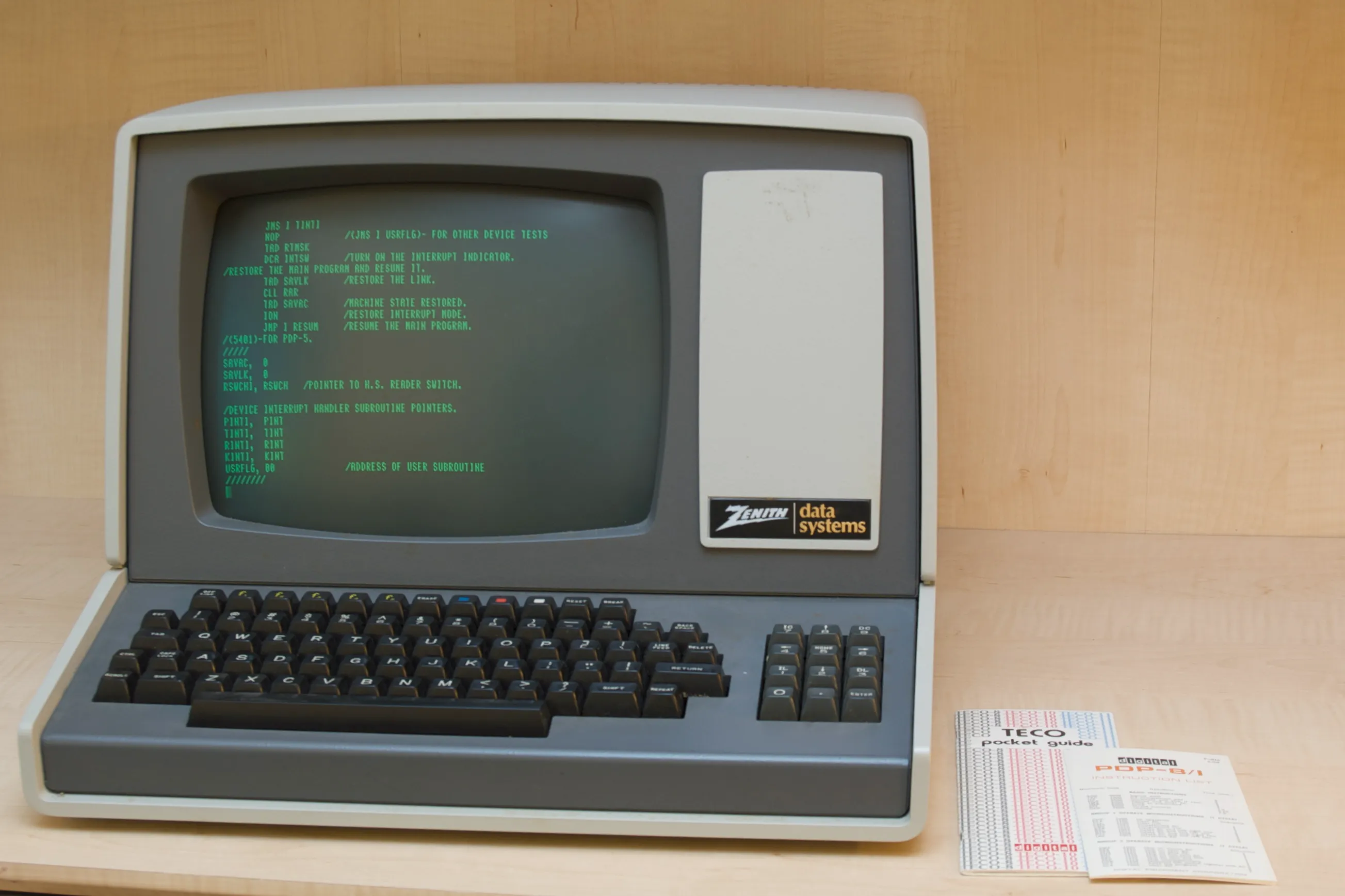After going back to work, it dawned on me that I hadn’t used a computer for nearly two weeks - evident in the fact that I spent my first day back getting helplessly finger-twisted using a keyboard. Two weeks away from a computer for me probably hasn’t occurred since 1990 when I went away camping and surfing for a month. So what occurred this Christmas?
For those two weeks I searched, I tweeted, I read marketing emails from Amazon, I read books on my kindle, I watched videos on YouTube, I got the dismal cricket scores via an app on my phone, I took photos and read blogs and all the while I maintained my connection to the Internet but not once did I fire up a computer and do something with it.
This random change in behaviour was a result of several factors. First I wasn’t working and wasn’t on call, second I didn’t do any programming or other origination of content, everything I did online via my mobile phone. For two weeks straddling 2010 and 2011 I had adopted a Jobsian approach to the use of my technology - one that was totally integrated into my daily life. My computing had become first and foremost consumption driven but it required no “computer”.
My dad got a Galaxy S Tab for Christmas - something he said that I laughed off at the time has since been nagging me. His question? “What can I DO with this thing?” My reply at the time was a flippant, “nothing, it’s a consumption device”.
The full meaning of this only came home after watching manufacturer after manufacturer parade a seemingly infinite number of tablet computing devices, most of which were running Android - as much a consumption oriented operating system as Apple’s iOS.

Zenith Z-19 Terminal - image (cc) ajmexico
With increasing speed, the computing landscape is moving towards one of consumption driven devices not general purpose computational devices. Tablets (including the iPad and others) are expected to shift 30 million units of sales in 2011 and the Kindle is likely to shift another 20 million units just by itself. 70% of all computers sold are now laptops, netbooks or tablet devices - the humble desktop now almost only exists in a business context.
Whilst we’ve had tablets and laptops for a very long time, I suggest that almost ubiquitous wireless networks coupled with the launch of the eeePC was the starting point of this trend showing low cost, highly portable, consumption oriented computing had a viable market. Apple honed this with their usual precision and flair with the iPad which proved the viability of the consumption market once and for all - especially when paired with a content delivery channel.
The rest is history and we had nearly 100 “me too” devices flood the market at CES last week ready to cash in on the trend.
As I was mulling these thoughts over, I explained to my astonished 6 year old that when I was his age we had one computer for a large family and were the only people for streets around to have one. It was a shared resource not only for our family but for our neighbours as well. Contrast that to his childhood where there are more computers than people in our house.
Consumer computing has been subjected to the same forces that have provided us with cloud computing and virtualisation - where we now have so much computing power available to us that we can use it in frivolous consumption oriented activities. Whereas in the past, computers were designed to primarily produce and by their general purpose nature be able to consume as well, we are now adopting a mode where most devices are oriented for consumption. In a world where 1% of the computer users are creators, 9% are prosumers and 90% are consumers, the creator becomes the niche market.
This transition doesn’t come without its challenges, the closed nature of most modern computing is of concern to those of us who believe in the freedom to do what you want with software and hardware. Whilst I’m not a fan of closed systems (and express this with my wallet and my advocacy of open alternatives) I am similarly heartened by the idea that with ubiquitous access to computing technology we will see an exponential rise in connectedness and the humanity that stems from that.
As we make this shift, we will finally realise the idea of the Personal Computer - no longer an aspirational IBM marketing slogan that has eluded us for nearly 30 years. At the start of a new decade, computing has finally hit a point such that each person can have a personal computing device and experience tailored to their needs as a Creator, Prosumer or Consumer that goes way beyond the changing of a desktop wallpaper and a superficial choice of Operating System.
Update 9/Feb/2011: Latest sales figures show smart phones outselling PCs for the first quarter ever in 4Q10 - surely a sign that consumption oriented computing is becoming a mainstream phenomena.